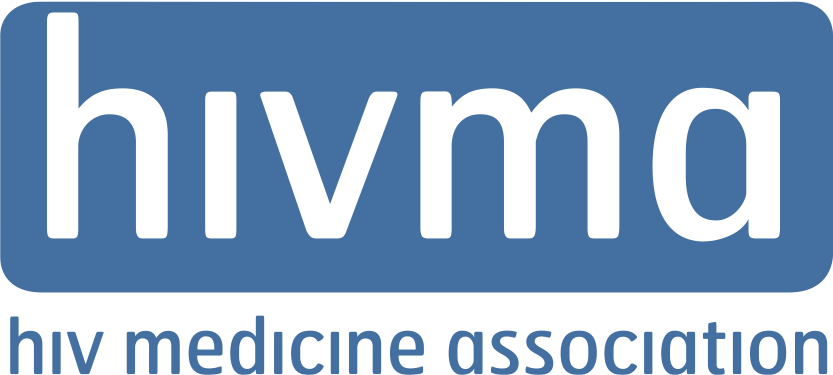06/15/2018
Melanie Thompson, MD, HIVMA Chair
The House Appropriations Labor-HHS subcommittee today passed a funding bill that undercuts several critical components of the domestic HIV response with elimination of vital prevention and women’s health services, and stagnant funding for care programs. At the same time, HIVMA appreciates and applauds the bill’s increased investments in biomedical research and in some public health prevention efforts.
At a time when our progress toward ending the domestic HIV epidemic is fragile and inequitable in the face of synergistic epidemics of opioid use and sexually transmitted infections, the bill contains provisions that will undermine public health efforts, including:
• Elimination of the HHS Office of Adolescent Health’s Teen Pregnancy Prevention Program ($108 million), which funds evidence-based programs to reduce teen pregnancy, HIV and other sexually transmitted infections (STIs) and risky sexual behavior among adolescents, while increasing funding for scientifically disproven abstinence-only programs (misnamed “sexual risk avoidance”) through the Administration for Children and Families
• Elimination of HRSA’s Family Planning (Title X) program ($286 million), which currently provides more than four million low income individuals with family planning and preventive services, including HIV and STI testing and treatment, cancer screenings and well-women exams;
• Reducing funding by $100 million for HRSA’s Bureau of Primary Health Care, which supports federal qualified health centers across the country on the frontlines of the HIV, STI and opioid epidemics; and
• Prohibition of federal funds for operating supervised consumption facilities, which are urgently needed to reduce injection-related infections and to provide linkage to substance use treatment and other healthcare prevention and treatment services.
While we await details on funding levels for individual programs within the federal agencies, HIVMA applauds the following funding recommendations put forth by the subcommittee:
• An overall $427 million programmatic increase for the Centers for Disease Control and Prevention, including $20 million increase to National Center for HIV/AIDS, Viral Hepatitis, STD, and Tuberculosis Prevention.
• An overall $1.25 billion increase for the National Institutes of Health, including a $108 million increase to the National Institute for Allergy and Infectious Diseases as well as a $900,000 increase to the Fogarty International Center.
• An overall $448 million increase for the Substance Abuse and Mental Health Services Administration, and maintaining the policy allowing the use of federal funding to support syringe service programs
The funding bill rejects the president’s proposed cuts and maintains steady funding for both the Ryan White HIV/AIDS Program and the Secretary’s Minority AIDS Initiative Fund, and for that HIVMA is grateful. After several years of flat funding, however, increased funding for the Ryan White HIV/AIDS Program is urgently needed to care for steadily increasing numbers of people living with HIV and to meaningfully address pressing public health challenges, particularly in states that did not expand Medicaid. Reliable access to healthcare and medications allows people living with HIV to sustain suppression of the virus, which is essential for their health and for stopping HIV transmission.
We also appreciate the intention behind the establishment of a $300 million Infectious Disease Rapid Response Reserve Fund to allow rapid pandemic responses, to counter infectious diseases in areas disproportionately affected by the opioid crisis, and to expand support for programs that address opioid use its impact. To be effective, however, the fund must be supported with an investment of new money and not come at the expense of existing programs.
At a time when the Centers for Medicare and Medicaid Services is encouraging states to apply for waivers to impose work requirements and other eligibility restrictions, when the opioid epidemic and infections associated with injection drug use continue unabated, and when efforts continue to undermine the health coverage available in the non-group health insurance market – including protection for those with preexisting conditions - the imperative to ensure sufficient funding to meet needs for HIV care as well as substance use and mental health treatment is more critical than ever.
We urge the House Appropriations Committee to improve and advance a bill that will ensure that we enhance our ability to prevent and treat HIV and other public health threats and sustain the possibility of ending the HIV epidemic.

